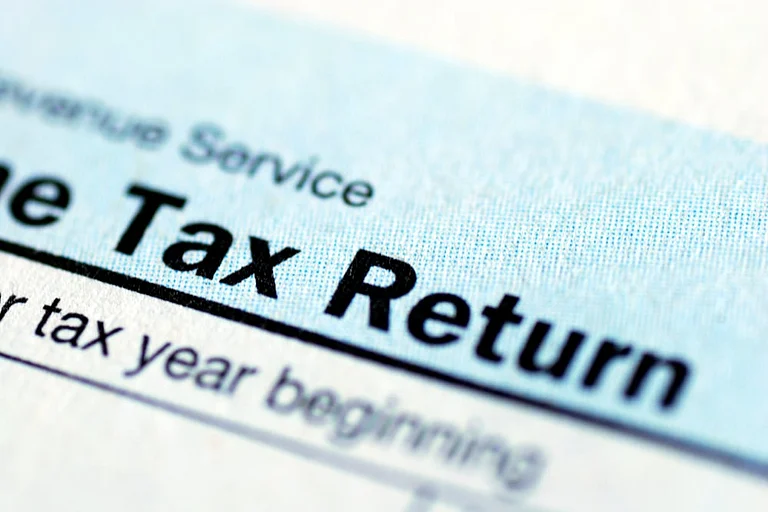If you accidentally claim a deduction in your income tax return (ITR) while filing one for the assessment year (AY) 2025-26 which you are otherwise ineligible for, then beware. The income tax department has made it clear that mismatch in claims will trigger a scrutiny. Accordingly, the ITR forms, especially ITR 1 and ITR 4 issued for AY 2025-26 come with stricter protocols. Also, the taxpayer will need to furnish specific and verifiable documentation for any deduction claimed, be it for Section 80C, 80D, 80E or 80EEB.
ITR Filing For AY 2025-26: Claiming Wrong Deduction In ITR? Here’s How To Fix It Before It Costs You
The income tax department has clarified that it will actively cross-verify all claims for deductions or exemptions in ITRs against the Annual Information Sheet (AIS). Any mismatch in the data in claims will trigger scrutiny and possible penal action
The developments follow an investigation earlier this year by the income tax department which unearthed over 90,000 salaried individuals who had falsely claimed deductions, causing a loss of Rs 1,070 crore to the exchequer.
For instance, for this year’s tax filing, if you are claiming exemption for health insurance under Section 80D, simply entering the amount to be claimed is no longer sufficient. You will have to provide the policy number and the name of the insurer. The same will have to be furnished for other investments or expenses, such as Public Provident Fund (PPF), equity-linked savings schemes (ELSS), life insurance premium, home loans and education loans. If you are claiming deductions for an electric vehicle, then details, such as the registration number will also have to be disclosed.
On top of that, rent-related deductions, such as house rent allowance (HRA) are now being more tightly matched with rent receipts, lease agreements, and the landlord’s Permanent Account Number (PAN) if the rent exceeds Rs 1 lakh annually.
What If You Make A Wrong Deduction Claim
If you have already filed your return and realise you have included an ineligible deduction, or forgot to include the right documentation, here is what you can do, depending on when you catch the error:
Before the Tax Department Processes Your Return
If you spot the error before the tax department has processed your return, you can file a revised return under Section 139 (5) of the Income-tax Act, 1961. Says Aastha Gupta, CA and partner at S.K. Gulati and Associates, a CA firm: “Taxpayers can revise their ITR under Section 139(5) by September 15, 2025. This allows you to fix errors or omissions, including incorrect deduction claims, without penalties.”
After the Return Has Been Processed
If your return has already been processed by the time you realise the error, you can file a rectification request under Section 154 of the Income-tax Act, 1961 through the income tax e-filing portal. “However, this is only allowed for factual, clerical, or apparent errors, not for re-arguing or introducing new claims,” adds Gupta.
What If You Receive a Notice
It is important to act quickly and make amends to rectify your error if you receive a notice from the income tax department. Whether it is a demand notice, a discrepancy alert or a simply a communication asking for more proof, you must respond to the notice in due time with supporting documents.
Adds Gupta, “Respond promptly with the necessary documentation or corrections as specified in the notice to prevent further action. Timely action ensures compliance and minimises potential penalties.”
Ignoring such notices can escalate the matter, possibly leading to penalties or assessment proceedings.
Why is this crucial?
The income tax department is now actively cross-verifying claims in ITRs against the taxpayer’s Annual Information Sheet (AIS). This sheet basically tracks your financial transactions from multiple sources, banks, insurers, mutual funds, and more. Even an inadvertent mismatch would be flagged.
The consequences of claiming wrong deductions would lead to a penalty which can go up to 200 per cent of the unpaid tax, along with interest at 24 per cent per annum. In some cases, proceedings under Section 276C of the Income-tax Act, 1961 for wilful evasion may also be initiated, which could mean prosecution, too.


